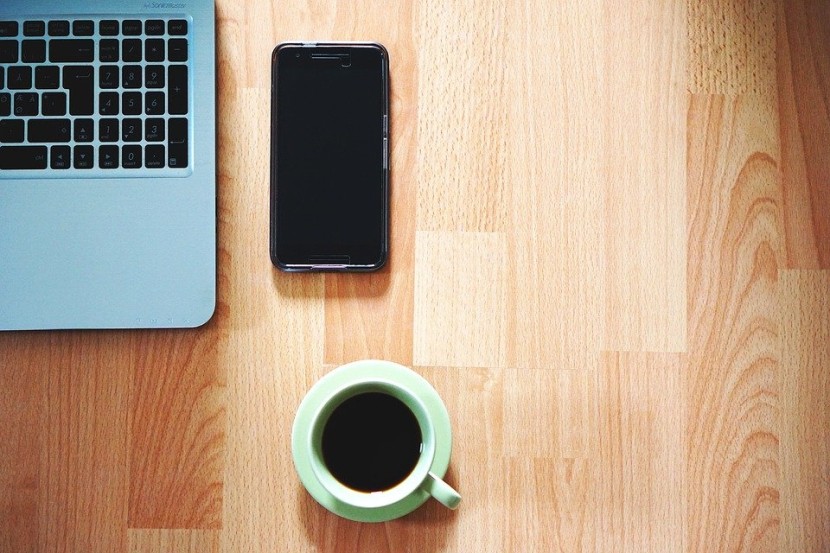
The advent of the COVID-19 pandemic has prompted the Work From Home (WFH) lifestyle across the globe. If you are accustomed to collaborating on a team filled with extroverted, social people, the remote work transition could prove to be a challenge.
The United States held on from hearing narratives of the novel coronavirus in other countries to detecting the first cases at home to prevalent quarantine measures in the first half of 2020. Company leaders across the nation discussed their response to the coronavirus one week and then initiated emergency plans the following week.
For some people, earning money remotely is a dream job. You get to save yourself from Monday blues, having to deal with annoying co-workers, and no more working in a toxic office environment.
Travel limitations, border closures, and social distancing measures due to the COVID-19 have everyone rethinking work and travel, reported The National.
According to experts say, there are more remote workers these times than any time in history. The trend is anticipated to rise as companies adapt to physically-distanced set-ups.
A number of companies had to implement thorough changes after COVID-19 became prevalent in Singapore for the purpose of allowing staff to WFH, indicated "Inquirer." For example, curtains and blinds retailer mc.2 rapidly set up new product demo videos to allow its sales staff to establish client consultations through video calls instead of at the showroom.
It is at the circumspection of organizations to resolve whether a return will ensue or if there is no urgency to return to the office routine following months of the remote work transition, reported Deep Talk.
Some companies have already resolved to opt for remote work. These include Facebook, Shopify, Twitter, and Slack that are a few advocates of that work lifestyle.
You may think working remotely would be boring and make you less productive. Some people have thoroughly found more freedom with the set-up.
Some states are now lifting lockdown measures and permitting a number of businesses to resume operations again. The aforementioned household name companies are considering permanent WFH requirements following a successful transition brought upon by the COVID-19 pandemic.
As a digital nomad, you may have all of the equipment you have in an office but without the office environment. The idea triggers the interest of numerous people. You could opt for a beach chair instead of a plain desk chair, your lap could be your desk instead of an office desk, and it goes without saying that you could have your phone and laptop.
A number of tourist destinations are seeking to underscore this "new normal" by allowing "work tourists" to visit then work remotely in the country for a prolonged duration and eventually stay.
If the idea of switching your Zoom beach background to be authentic seems favorable to you, then Barbados' 1-year might spark your interest.
Others with past experience of the remote work transition had to elevate their work routines.
According to Charlotte Thng, head of human resources for Singapore, Australia and the ASEAN and South Asia cluster markets, Standard Chartered Bank, which has around 10,000 employees in Singapore, bolstered its virtual private network capability by eleven times.
Related Article : Best Label Organizers on Amazon for Homeschooling and Office Work








